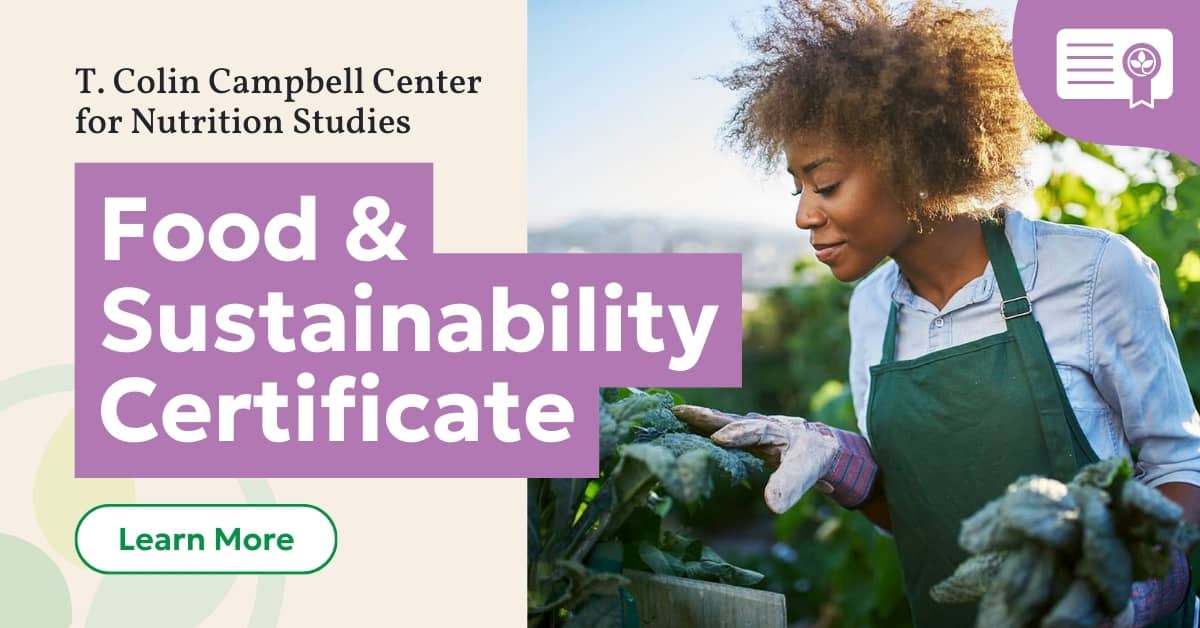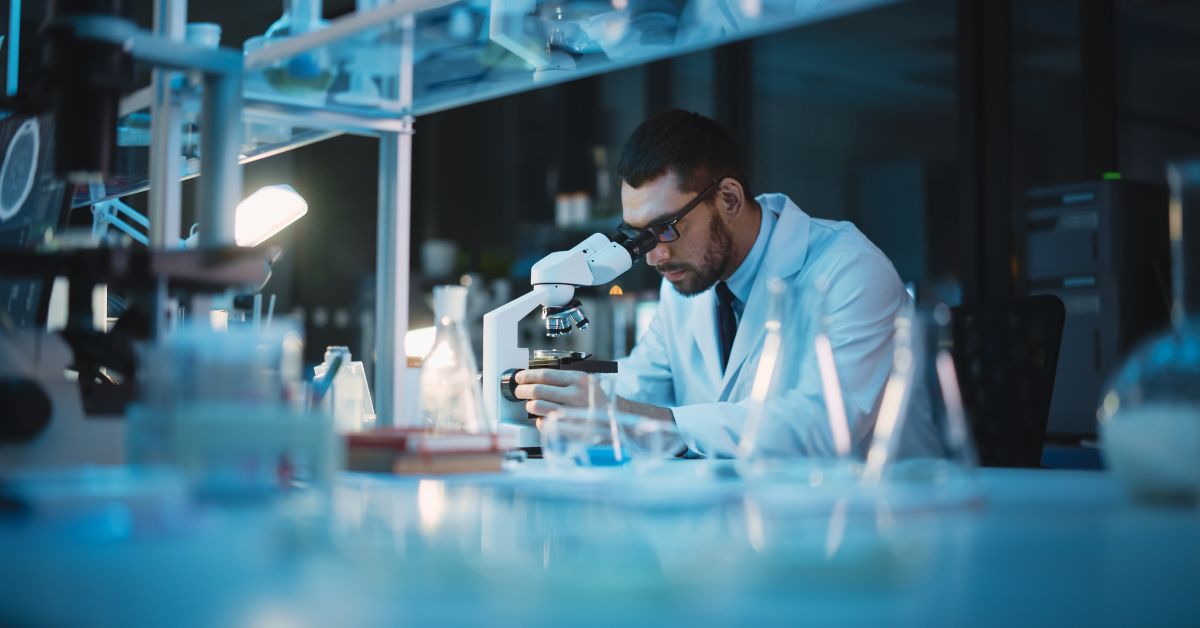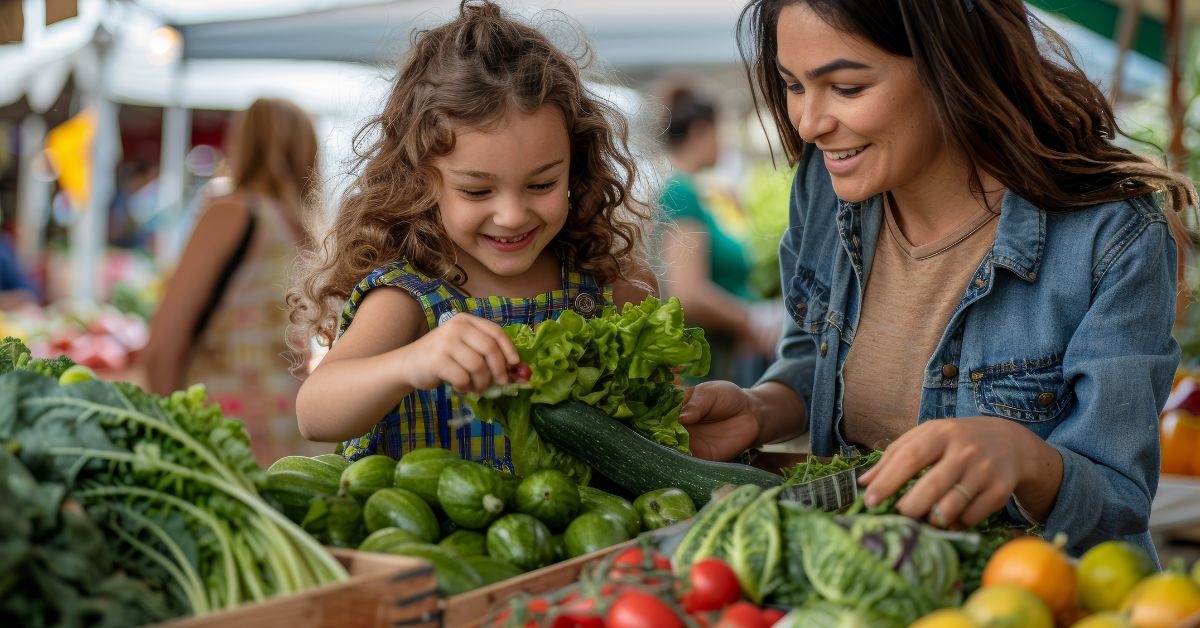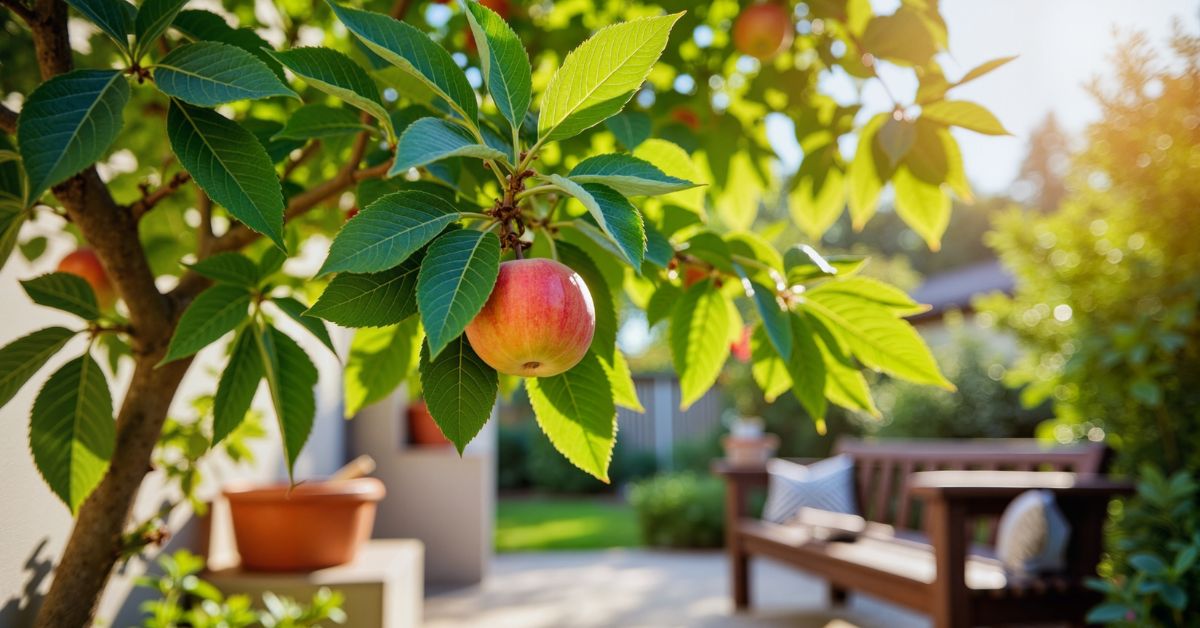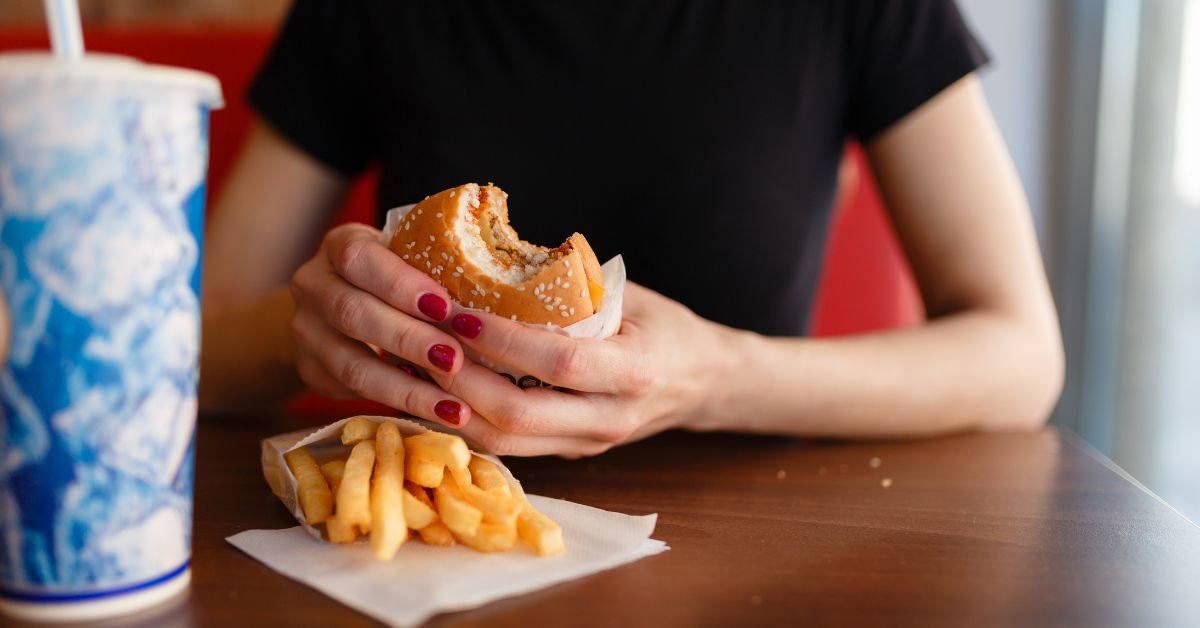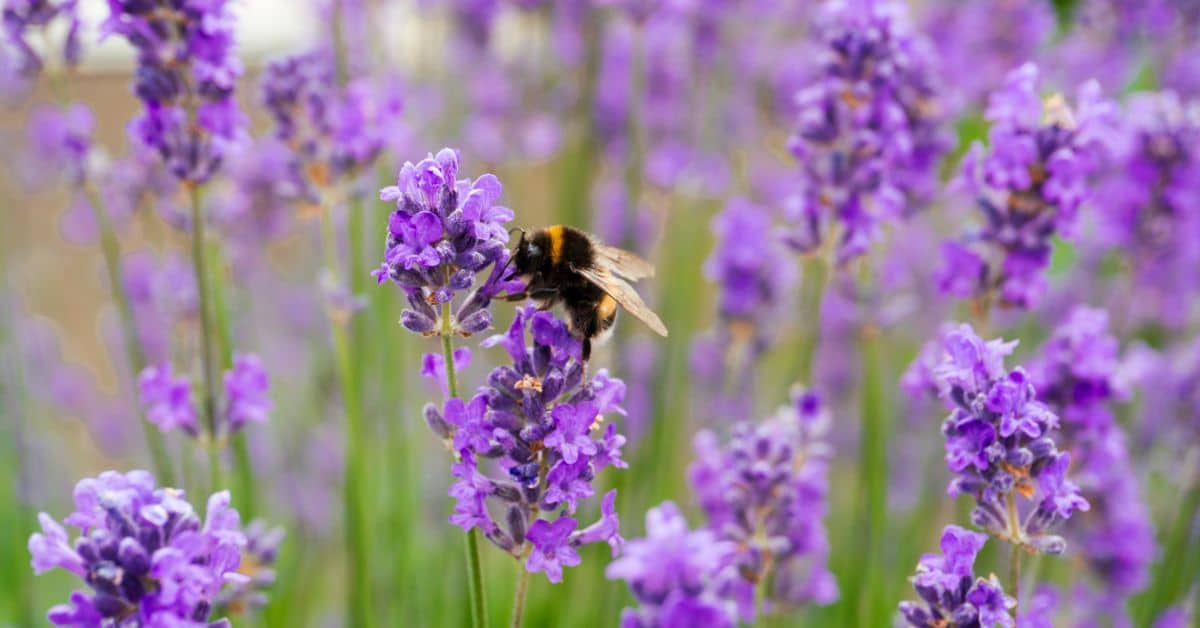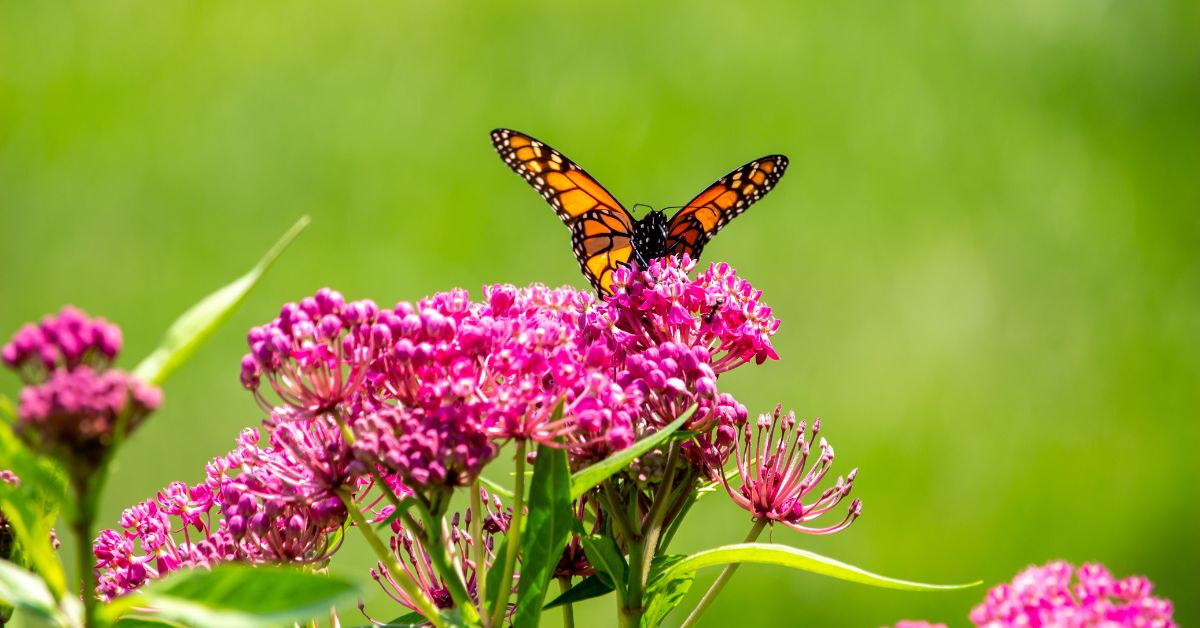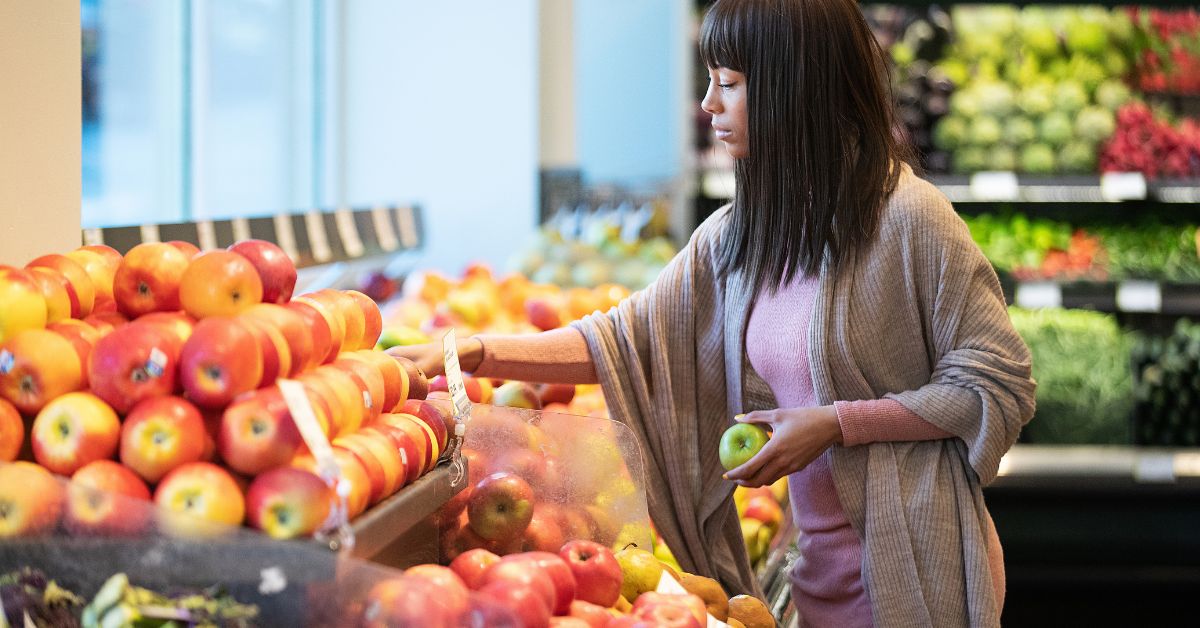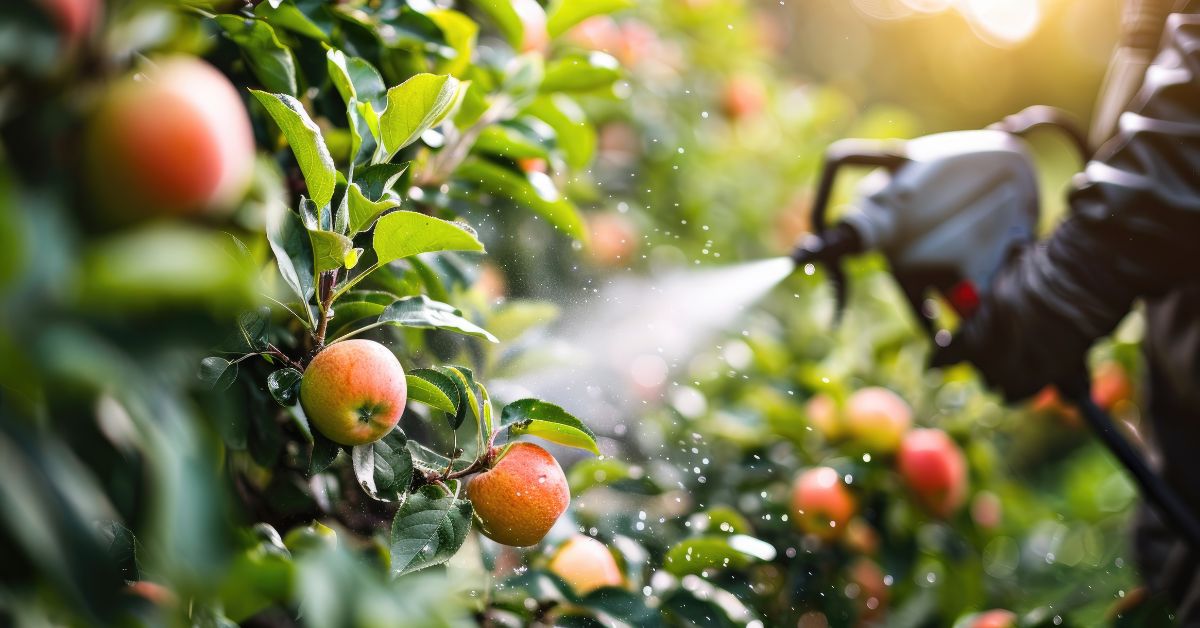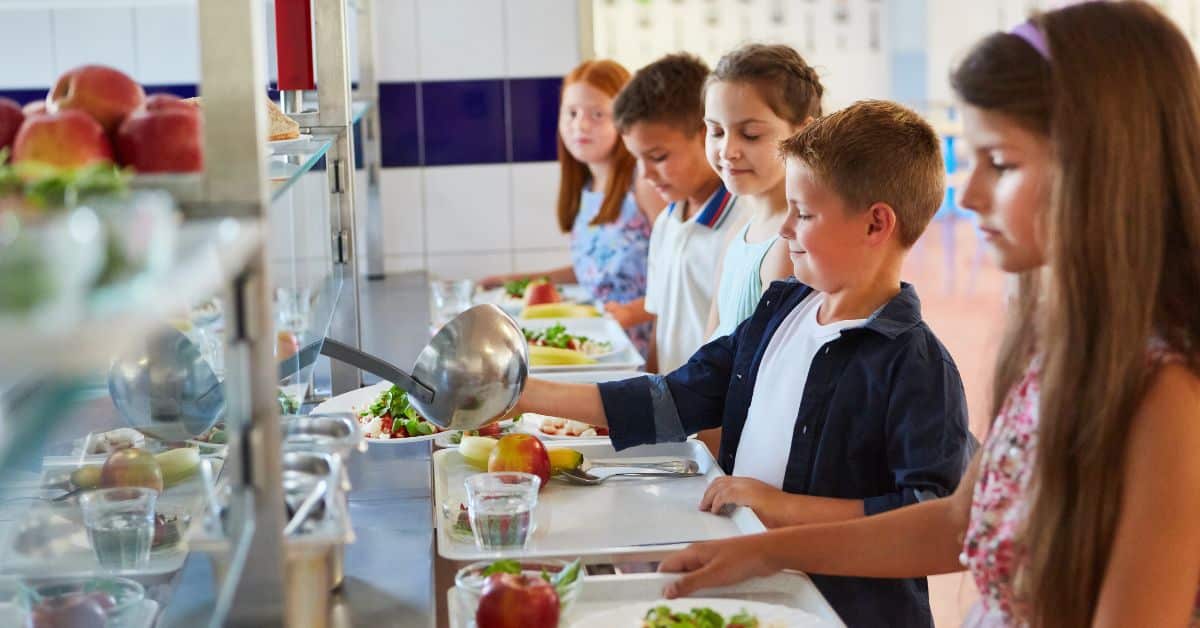
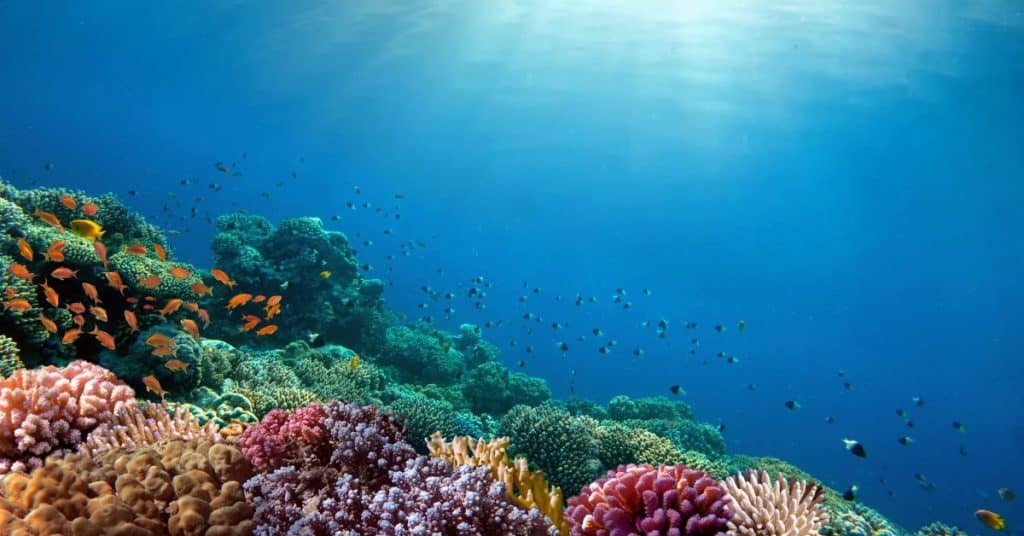
I found all the health information in the Plant-Based Nutrition Certificate Program invaluable to my life and my work as a writer and conscious lifestyle educator. However, of all the program’s lectures, the one that had the most impact on me was not actually about health per se—it was about a precious resource on our planet.
As I listened to Cornell professor and oceanographer Dr. Bruce Monger talk about the state of our oceans, I felt sick to my stomach, and a lump rose in my throat. At the rate we’re going, he told us, our seas could be barren by 2048. Barren? I rewound and listened to it again. Could it be possible? I sat in shocked silence as I confirmed what he said.
Living most of my life near the Pacific Ocean (and summering near the Atlantic during my earliest years), I have a special connection with sea life. I bring my young children to the San Diego-area seashore weekly, where they marvel at all the tiny creatures in the tide pools, and my husband surfs with dolphins and sea lions. When I heard Dr. Monger’s lecture, I knew I needed to spread his urgent message and help save our precious oceans, but I didn’t know how.
The opportunity arose serendipitously a few months later when my kids and I came across two starving California sea lion pups on our local beach. As I looked out toward the water and saw the fishing trawlers closer to shore than I ever remembered, that sick feeling I had when listening to Dr. Monger returned in full force. It was time.
During the following weeks, I learned about the crisis of California sea lions: a record number of malnourished and dying pups were washing up on Southern California beaches. My 7-year-old daughter and I decided we needed to do something. She created a fundraiser for the Pacific Marine Mammal Center (PMMC) in Laguna Beach, which rescues, rehabilitates, and releases sea lions. And I did what I do best—I started writing articles.
The following weeks led to me learning about the crisis of the California sea lions – a record number of pups were washing up on Southern California beaches, malnourished and dying. My 7-year-old daughter and I decided we needed to do something. She created a fundraiser for the Pacific Marine Mammal Center (PMMC) in Laguna Beach, which rescues, rehabilitates and releases sea lions. And I did what I do best – started writing articles.
Having completed the Plant-Based Nutrition Certificate Program, I had a doorway to contact Dr. Monger and interview him for a piece I wrote for The Huffington Post, in which I connected eating fish with the crisis facing the sea lions and our oceans. I love helping people connect with the benefits of choosing a whole food, plant-based diet. These benefits, both for and beyond us, are countless. They include so much more than our physical health. When I can illustrate this with specific situations like the sea lions (whose food supply is impacted by overfishing), I see the lights turn on in people’s heads.
More than 1,100 people engaged with that article by liking it, and my daughter raised over $900 for the PMMC with her fundraiser. (She also recently gave a TEDx Talk about it.) We’re making a small difference in spreading the message about our culture’s diet and its effects on ocean life, and we’ll continue to do more. I’m so grateful Dr. Monger’s lecture was included in the course, and I hope more students will speak out on this issue.
“Every drop in the ocean counts.”
-Yoko Ono
Copyright 2025 Center for Nutrition Studies. All rights reserved.
Deepen Your Knowledge With Our
Plant-Based Nutrition
Certificate
Plant-Based Nutrition Certificate
- 23,000+ students
- 100% online, learn at your own pace
- No prerequisites
- Continuing education credits

